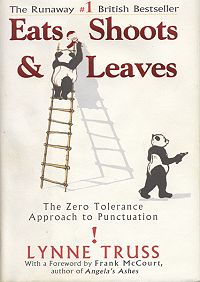This time of year is known on the Jewish calendar as the Nine Days, which culminate in the saddest day of the year, Tisha B'Av. This fast day is the anniversary of many tragic events in Jewish history, the most important three being the evil report given by 10 out of 12 scouts sent into the land of Israel by Moshe; the destruction of the first Temple in Jerusalem by the Babylonians; and the destruction of the Second Temple by the Romans.

Two out of three of these events are blamed by the rabbis on the use of words to harm others. By improving our speech, avoiding gossip and hurtful language, we can help bring the Moshiach and his reign of peace. If we build people with our words instead of destroying them with our words, we are adding bricks to the Third Temple.
In this digital age, we use words all the time. As a writer, I'm practically obsessed with them. But the more you use words, the more you must be careful with them. It is truly shocking how often we find people online misusing their words. People insult, use profanity, spread xenophobia and hatred with aplomb. People spread hurtful and offensive comments based on hearsay, rumor, or untruths and act like they're doing a public service.
The amazing thing is that a level-headed comment that respectfully disagrees is more influential, and a kind word or compliment makes people want to hear more of what you have to say. The more you use your words for good, the more blessing G-d gives them. If more people used their words to spread love and peace in the world, the world would be that much of a happier place to be.
Here are some positive ways you can use your words:
1) Apologize in a more meaningful and detailed way than a simple "I'm sorry," to someone you harmed.
2) Write an affectionate letter to a spouse, parent, child, teacher or friend.
3) Thank someone you haven't seen in years for something they did to help you a long time ago.
4) Write a positive review of a book or product.
5) Write a recommendation for a person to get work.
6) Write a letter complementing a company on the fine qualities of their product, or...
7) on the excellent service you received from an employee.
8) If you feel you must disagree with someone, make the comment respectful. For example:
"With all due respect, I must disagree with the idea that..."
"I'm not sure that the evidence supports your comment..."
"You make an interesting point. Can you defend it with some evidence?"
"I'm impressed by your..., but think your statement that...requires more thought."
"While I think that...is a wonderful..., I have to respectfully disagree with their notion that..."
NEVER insult a person, even if you must attack their ideas. (And, frankly, you usually don't really need to do that, you're just itching to.)
9) Leave a note in your spouse's or kid's lunchbox with a funny joke or mentioning something you look forward doing with them when they return home.
10) Write a (true or not) story or poem that reflects gratitude to G-d or to a person for the blessings they have brought into your life.







